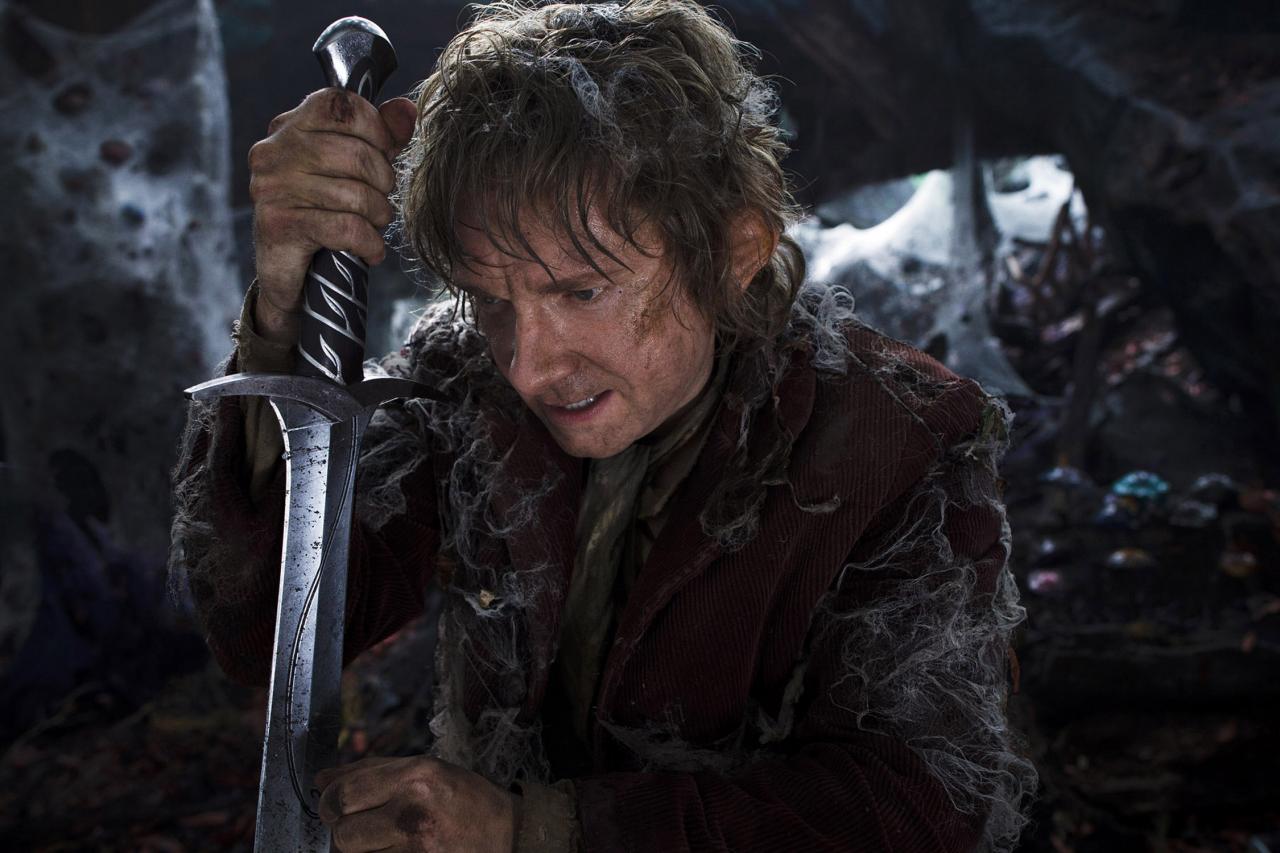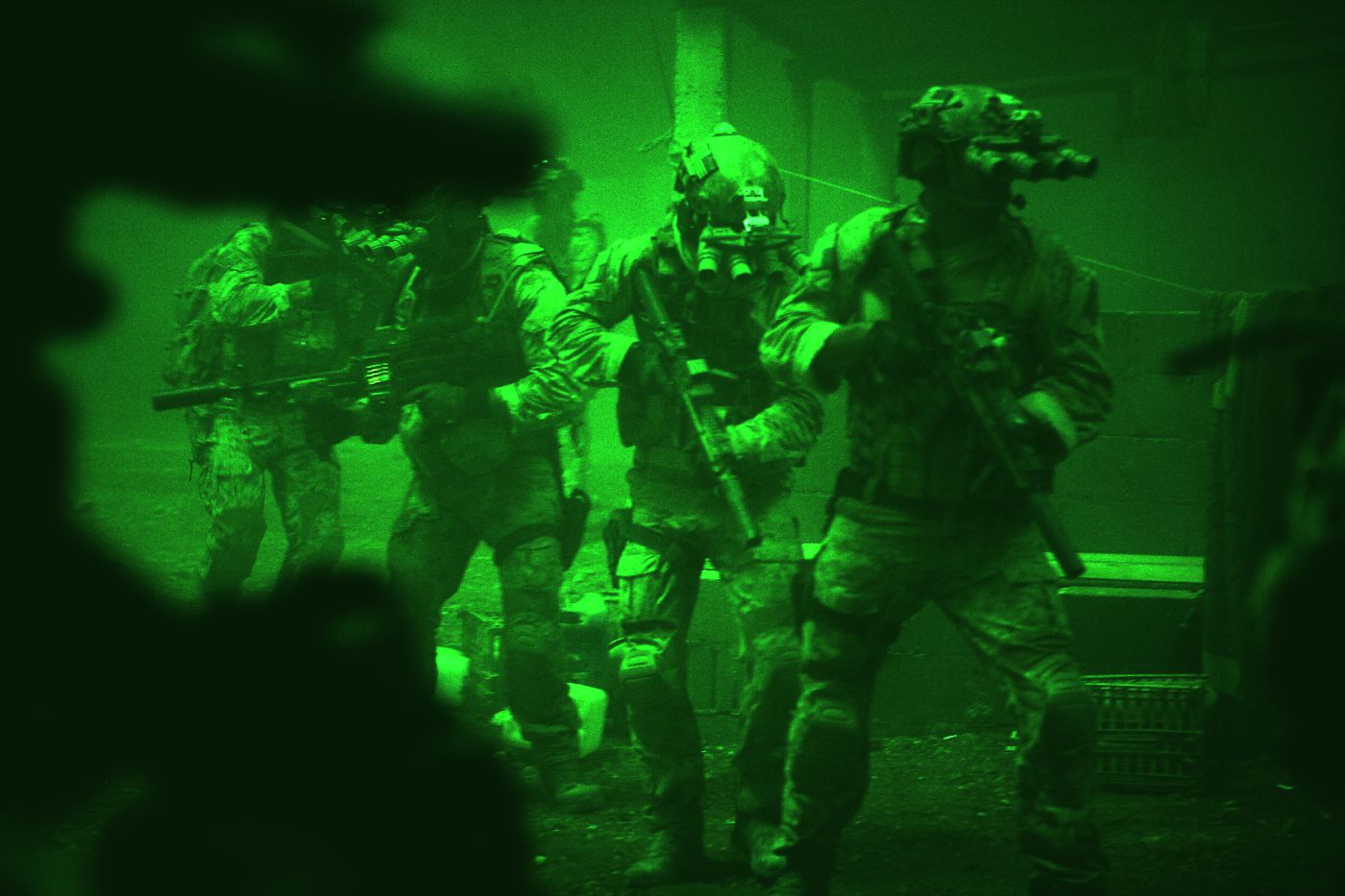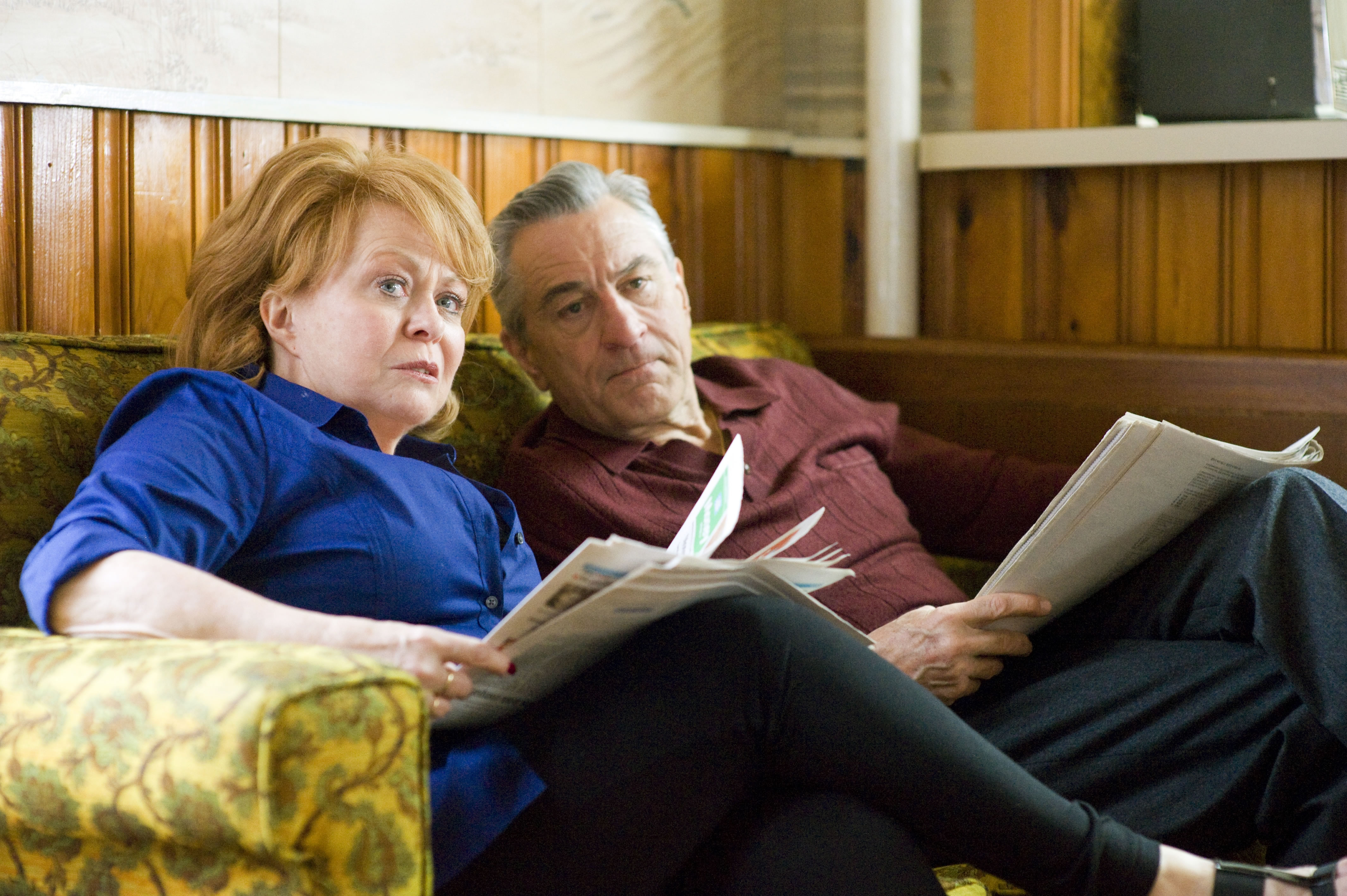The Hobbit: An Unexpected Journey [HFR 3D]
(dir: Peter Jackson - 2012 - New Zealand/USA - Cert: 12A - MGM - 169 Mins)
Perhaps the year's final anticipation film for many is Peter Jackson's first part of his latest J. R. R. Tolkien-adapted trilogy The Hobbit: An Unexpected Journey. The film sees the director return to Middle Earth; the mythical world which made Jackson a legend to many and indeed the Academy who slapped his Lord of the Rings trilogy with multiple Oscars, but any statues this picture may receive will be undoubtedly ill and forcibly removed from stony hands...
There is no denying that Jackson is a skilled filmmaker, in fact the term 'skilled' seems a little backhanded; he's a fine cine-craftsman who can compose a shot and construct a frame with a brilliance that incorporates dramatic scale yet gentle intimacy. No matter what epic battles may be ensuing in the foreground, or what vast, supremely plush landscapes may swallow the background, Jackson's camera supremely and sensibly captures it all and he can do it with such finesse that it seems expected of him. However, he isn't a great storyteller.
Previous works in his filmography have proven this: The Lovely Bones, King Kong and now The Hobbit; a massively misjudged, mistimed and mistaken feature which screens like a marathon. Jackson's problem is he doesn't know when to say 'cut'; the picture's screenplay is only as good as it's length, and considering this is the first part in a trilogy adapted from a children's novel of 310-360 pages (depending on which edition), the script can't be that hefty. One imagines a good lump of the document is explanatory prose describing the scenes and settings rather than what Jackson needs to truly focus on. We know he can make a gorgeous looking film but clearly he doesn't understand the importance of a compelling narrative.
This problem isn't helped by the lack of editorial authority he has on The Hobbit either - clocking in at a mammoth 169 minutes; just 11 measly minutes short of three hours, the film is an endurance and indeed patience test that will have even the biggest LOTR fan clock-watching and wondering just why he needed so long to show so little. The film is crammed with unneeded fluff and filler that a strict editor and producer would force Jackson to remove but alas, this isn't the case. It's frankly baffling that this first instalment of the trilogy is longer than Tom Hooper's forthcoming Les Miserables which is not only adapted from a beloved stage musical, but also from Victor Hugo's 1,488 page novel - a book nearly FIVE TIMES The Hobbit's length.
 |
| Still from The Hobbit: An Unexpected Journey (dir: Peter Jackson, 2012) |
Adding insult to injury is the newly adopted framing technology HFR (High Frame Rate) which screens a picture at 48FPS (Frames Per Second) as to the usual 24FPS virtually every other picture is presented in. The doubled frame rate is supposed to make the film feel more 'real' for lack of a better word - it's installation is similar to that of HD television but obviously on a much greater scale. To say the eye has to get used to the HFR is a massive understatement, in fact you'll spend the film's opening 30 minutes wondering if you need to visit the opticians.
It looks like you are watching a behind-the-scenes documentary on a Blu-Ray rather than a movie; things look albeit 'too normal' and a lot less rosily magical. Trees look like the ones on your street, hillsides and landscapes look like ones on a postcard, and whilst this should be seen as a positive, it dramatically drags you from any sort of cinematic involvement. If The Hobbit has anything going for it, surely it must be the awe-inspiring, dizzyingly impossible world of Middle Earth right? Well Middle Earth looks like rural England on Countryfile for a lump of the picture's first act.
Once the eye is trained to the format, the picture does start to look better; the few action scenes (it feels like a few considering the gigantic gaps between them anyway) are beautifully constructed and the CGI effects are staggering. Crumbling rocks that crash around our pals with tiny feet for example look authentic, powerful and dangerous, particularly when you are donning those annoying 3D glasses, plus the cinematography and location shooting in New Zealand looks as radiant and beautiful as it did back in 2001 when we embarked on the first LOTR journey but one personally, and I don't think I'll be the only one, couldn't help but think throughout "We've seen all this before"...
Because the film is so long and for the most part very little happens besides the Hobbits and dwarves nattering whilst strolling past gorgeous backdrops, it's easy to become disengaged and disinterested, and worst of all, unimpressed. Jackson's films are artfully made; screaming talent and impossible amounts of work and dedication burst from every still, but when the viewer becomes disconnected emotionally, all that seems redundant, and for all those who put untold effort into the picture's production, that's a catastrophic disservice.
 |
| Still from The Hobbit: An Unexpected Journey (dir: Peter Jackson, 2012) |
Plus the film never tries to be it's own entity - we all know it's part of the same saga and collection of works by Tolkien, but it is a separate story with some different characters, and a different goal for the protagonist, yet it all feels in vein. Jackson makes no attempt to invite those who didn't see or like LOTR, it's simply expected, and yet many have the audacity to moan about the Twilight pictures - at least Breaking Dawn: Part 2 attempted to bring in new audience members by offering a new sense of style and identity, whether it succeeded or not is down to you. Too much on Jackson's part feels lazy and that's so incredibly frustrating when we all know he isn't one to sit back and let the picture work around him.
The performances are fairly good for the most part - Martin Freeman is a perfect Bilbo Baggins; the younger version of Ian Holm's Hobbit and uncle to Elijah Wood's Frodo - his protagonist oozes with charm and charisma, plus his sense for adventure and exploration makes him the likely hero but it's a shame the world he's put in feels reused for the wrong reasons. Ian McKellan looks noticeably older as master wizard Gandalf despite the film's narrative being set before the Lord of the Rings - it's a hiccup that will plague this new franchise. James Nesbitt, William Kircher, Ken Scott and Richard Armitage (who easily shines brightest) are all fun as the dwarves who share some occasionally great banter, and some other returning faces from the previous films slip comfortably back into their shoes.
The film's saving grace is Andy Serkis who yet again steals each scene as Gollum - he actually seems more frighteningly weird here and he is one of the few things that truly benefits from the increase in technology. His slippery skin and demoniacally bulging eyes looks spectacular, plus the motion capture suit makes his movements look gaunt and eerie.
The Hobbit makes too many mistakes along it's biblical journey that it's moments of greatness seem so far out of reach. It's a tremendous shame as the film had so much potential; sure it's a feast for the eyes, but very little else. The fact that two more of these pictures await, and chances are each one will gain in length as the franchise continues, Jackson is clearly testing your nerves, loyalty and indeed stamina. Those who truly love LOTR will probably enter An Unexpected Journey with tinted vision, knowing they will adore it no matter what happens, but the causal cinema-goer and film-fan will find it a difficult, uncomfortable and seemingly pointless affair. It takes Jackson nearly three hours to translate about 5 chapters in which a good 3 of them would have been eliminated by most other filmmakers. It's simply too much. One thinks not too many will be ecstatic about returning for another 5 this time next year. I for one certainly am not...
By Chris Haydon


















